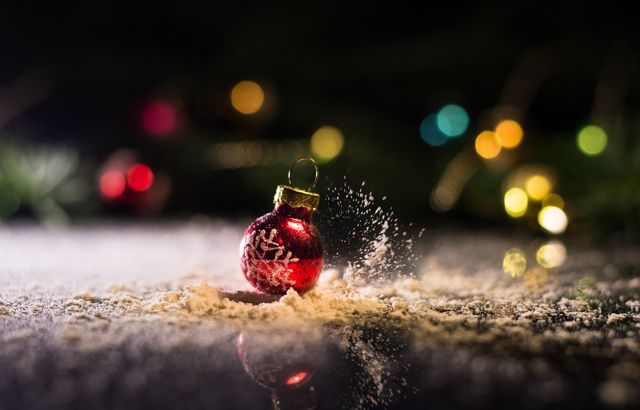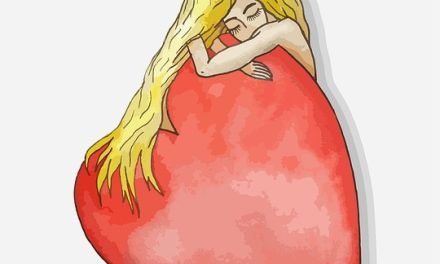
It’s about facing the change of death, not just of the person but also the traditions we associate with them while growing up. For example my Family Holidays centered around my maternal Grandpa, since all the family at dinner were related to him by blood or marriage. When he died, our family tried to keep the traditions together, but without that one person who symbolized the Reason for the Season—no not that person, I’m still talking about Grandpa—the traditions didn’t mean the same things anymore. The person was the tradition’s anchor. We drifted apart.
By David Jones
December 25th. It’s Christmas day.
It’s also the solstice celebration of Dies Natalis Sol Invicti (among other names), represented the renewal (rebirth) of the sun’s dominance after being absent so much from the winter skies. The day has history. But whether it’s seen as a day to celebrate the rebirth of the Sun King or the birth of a Son who would arise to be King, you can’t escape that death plays a part.
Christmas can be a tough time. Along with Easter, July 4th and Thanksgiving, this holiday is inextricably entwined with traditions which families have developed and handed down for generations. These traditions become “the right way” for many members of the family to observe these holidays. That’s all fine while the older generations are still around, but eventually each family must face the inevitable changes that time forces on us all.
I remember how it challenged my family, and I see how it’s challenging my wife’s.
It’s about facing the change of death, not just of the person but also the traditions we associate with them while growing up. For example my Family Holidays centered around my maternal Grandpa, since all the family at dinner were related to him by blood or marriage.
When he died, our family tried to keep the traditions together, but without that one person who symbolized the Reason for the Season—no not that person, I’m still talking about Grandpa—the traditions didn’t mean the same things anymore. The person was the tradition’s anchor. We drifted apart.
In my wife’s case, when her father died she was kind of expected to be the family’s new anchor. But they soon found that certain parts of their tradition, such as playing pinochle until late evening, just weren’t maintained. Family members seemed a bit lost, trying to come to terms with it all. And that’s where I suggested to her and her family: it’s time to make our own traditions.
If a tradition dies, it opens an opportunity in our lives to establish new ones which meet our needs for today.
But for some that’s easier said than done. If the tradition growing up became the orthodox way to celebrate (the way considered right or best), anything different will be seen as wrong or at least unsatisfactory. How can we mindfully navigate and help alleviate the suffering this might cause others?
Take time to understand. Everyone has a personal way of suffering. It’s best to become attuned to how they really feel so you can know how to move forward, or if you even should. Christmas time might not be the time to go there.
Be compassionate. They’re suffering, so it’s not the time for lectures, demands, guilt trips, or flippant dismissal. You’re trying to relieve suffering, not fuel it.
Get their input. One of the fastest ways to come up with unsatisfactory solutions is to talk past folks and decide things for them. Maybe you’re the only one who has ideas at the moment, but at least give them the first voice.
Be flexible. What if they don’t want new traditions but only want things to be the way they were back when things were right and made sense? What if they remember the old traditions with joy and believe the joy was based entirely on how things were?
Be ready for overwhelming feelings. The displeasure of the new observance tradition might mask a deeper or broader mourning. Heck, it might have NOTHING to do with the celebration and all about that empty seat at dinner. You might inadvertently tap into that.
Although Christmas time signifies birth and light, to get there we have to recognize the time of dark and death. December 25th just amplifies that recognition of darkness for some, and it can be a time of fear, unresolved grief, mournful anger, loneliness and isolation.
Be patient, kind and compassionate towards folks who struggle through the dark times, especially if they feel expected to be happy and cheerful. We all have our time in the darkness—be the companion you want when it’s your turn.
Photo: PIxabay
Editor: Dana Gornall
Were you moved by this post? You might also like:
Comments
- 3 Thoughts for Metta Beyond the Cushion - May 9, 2024
- Intoxicants and Intentions - April 29, 2024
- Mindful Appreciation of Wild Beauty - April 16, 2024




